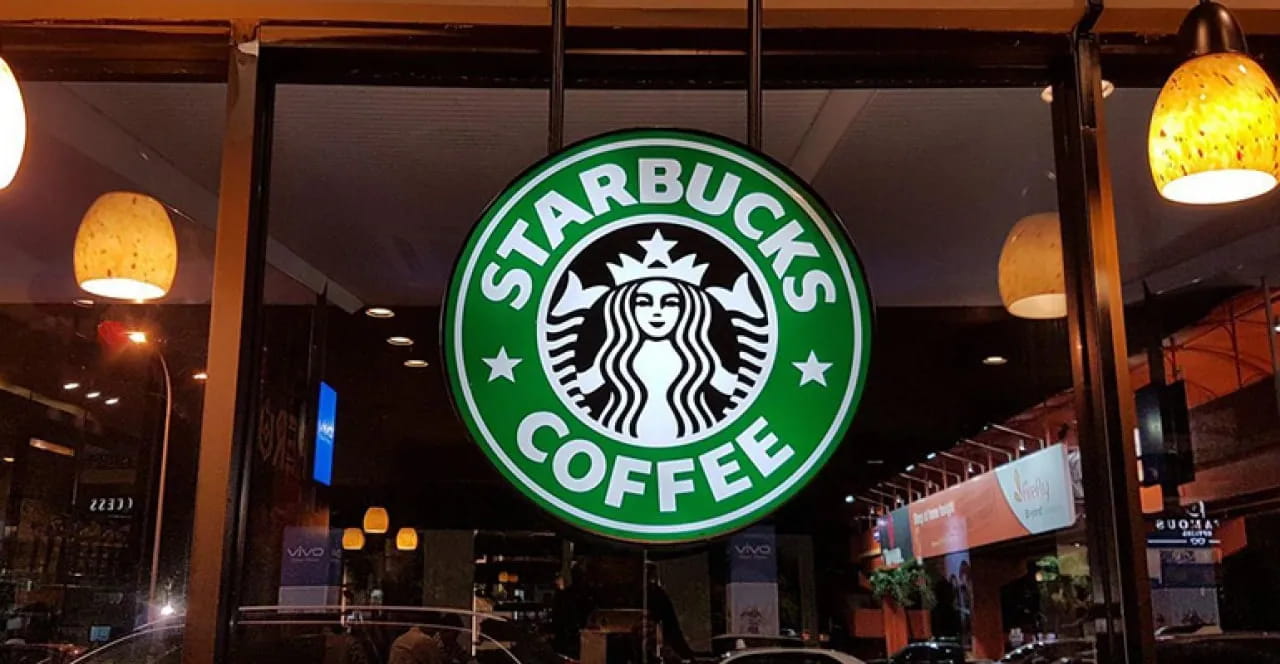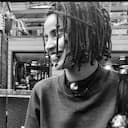Progress for 0 ad
Progress for 1 ad
Progress for 2 ad
Progress for 3 ad


High-ranking executives from Starbucks, the world’s largest coffee chain, have made a discreet visit to Ethiopia, the continent’s leading coffee producer.
While Starbucks representatives have described this visit as a "low-profile business trip," it seems anything but low-key to industry insiders, as it ushered in high-level global executives.
The high-profile delegation included executives from Starbucks’ trading division, Starbucks Coffee Trading Company, including Andres Berron, Managing Director and Vice President, Elliot Bentzen, Director of Trading & Traffic, Michelle Burns, Executive Vice President of Global Coffee & Sustainability, as well as other senior personnel from Starbucks’ roasting division.
Starbucks Coffee Trading Company oversees the coffee chain’s extensive green coffee supply chain globally, including transportation and quality.
Behailu Woldesenbet, the country manager for Starbucks' Farmer Support Center in Ethiopia, described the trip as very low profile and refrained from commenting on its business objectives.
Starbucks typically conducts annual visits to its suppliers in Ethiopia; however, this marks the first instance in an extended period that a high-ranking executive has arrived and engaged in such understated trips.
Even the Ethiopian Coffee and Tea Authority was not aware of the visit. Adugna Debele (PhD), Director General of the Ethiopian Coffee and Tea Authority, told Shega that the Authority had not been officially informed of their trip or its purpose.
The three-day itinerary began with their arrival in Addis Ababa, where they stayed at the Sheraton Addis Hotel before their departure to Jimma . On Tuesday, the executives visited Limu Kosa Farm, part of MIDROC's Horizon Plantations, followed by a trip to Daye Bensa Coffee in Sidama on Wednesday.
Both Daye Bensa and Horizon are certified producers that supply coffee to Starbucks through Neumann Kaffee Gruppe (NKG), one of the largest green coffee trading companies globally, headquartered in Hamburg.
Last month, MIDROC Investment Group, a business founded by the Ethio-Saudi business tycoon Mohammed Hussein Ali Al-Amoudi (Sheik), partnered with Neumann in a move aimed at enhancing Ethiopia's coffee production. The agreement also includes plans for coffee processing and warehousing facilities in Addis Ababa.
Starbucks exclusively sources Arabica coffee beans, which constitute 100% of its coffee supply. As one of the world's largest coffee buyers, the company procures around 3.3% of global coffee production annually, predominantly from Latin America.
However, Brazil, Starbucks' largest supplier, has faced severe drought conditions that significantly impacted coffee production last year. This disruption has prompted the coffee chain to explore alternative sourcing options amidst rising customer concerns over supply stability and pricing.
The fluctuations in coffee bean prices directly affect Starbucks' profit margins. On November 29, coffee prices surged to a 47-year high of $3.35 per pound due to major supply disruptions in key producing countries like Brazil and Vietnam.
Experts are meanwhile predicting yet another year of lackluster coffee output in 2025.
However, this global disruption might create a favorable condition for Ethiopia, which is grappling to meet the European Union’s Deforestation Regulation (EUDR), opening more market demand from non-European Union buyers like Starbucks.
According to Prime Minister Abiy Ahmed, Ethiopia's annual coffee production has doubled from 500,000 tons to over one million tons in the past five years. In the last fiscal year, coffee exports reached an all-time record of $1.4 billion. This figure presents a 20% increase in volume and a 7.5% increase in value compared to the previous fiscal year.
Although the exact reasons behind the discreet visit have yet to be revealed, it has sparked discussions among Ethiopian coffee stakeholders. A coffee industry insider, who requested anonymity, has stated that many are speculating whether Starbucks is here to increase its sourcing or for other reasons.
Two decades ago, Ethiopia sought to trademark its famous coffee names Sidamo, Harar, and Yirgacheffe. The Ethiopian government estimated that securing these trademarks could generate an additional $88 million annually for its coffee sector.
However, Starbucks opposed these applications, arguing that such trademarks would limit their ability to market Ethiopian coffees globally. This opposition led to significant public outcry and protests against Starbucks, as many viewed the company's actions as detrimental to Ethiopian farmers.
In December 2007, after extensive negotiations, Starbucks and the Ethiopian government reached a settlement. Starbucks agreed to recognize Ethiopia's ownership of the three coffee names and to not obstruct future trademark applications for them.
The article was edited after initial publication to amend travel details..
👏
😂
❤️
😲
😠

Etenat Awol
Etenat holds a degree in Journalism and her master's in Public Relations. Previously, she served as a university lecturer and has five years of experience in communications, media, digital marketing, and consulting.
Your Email Address Will Not Be Published. Required Fields Are Marked *